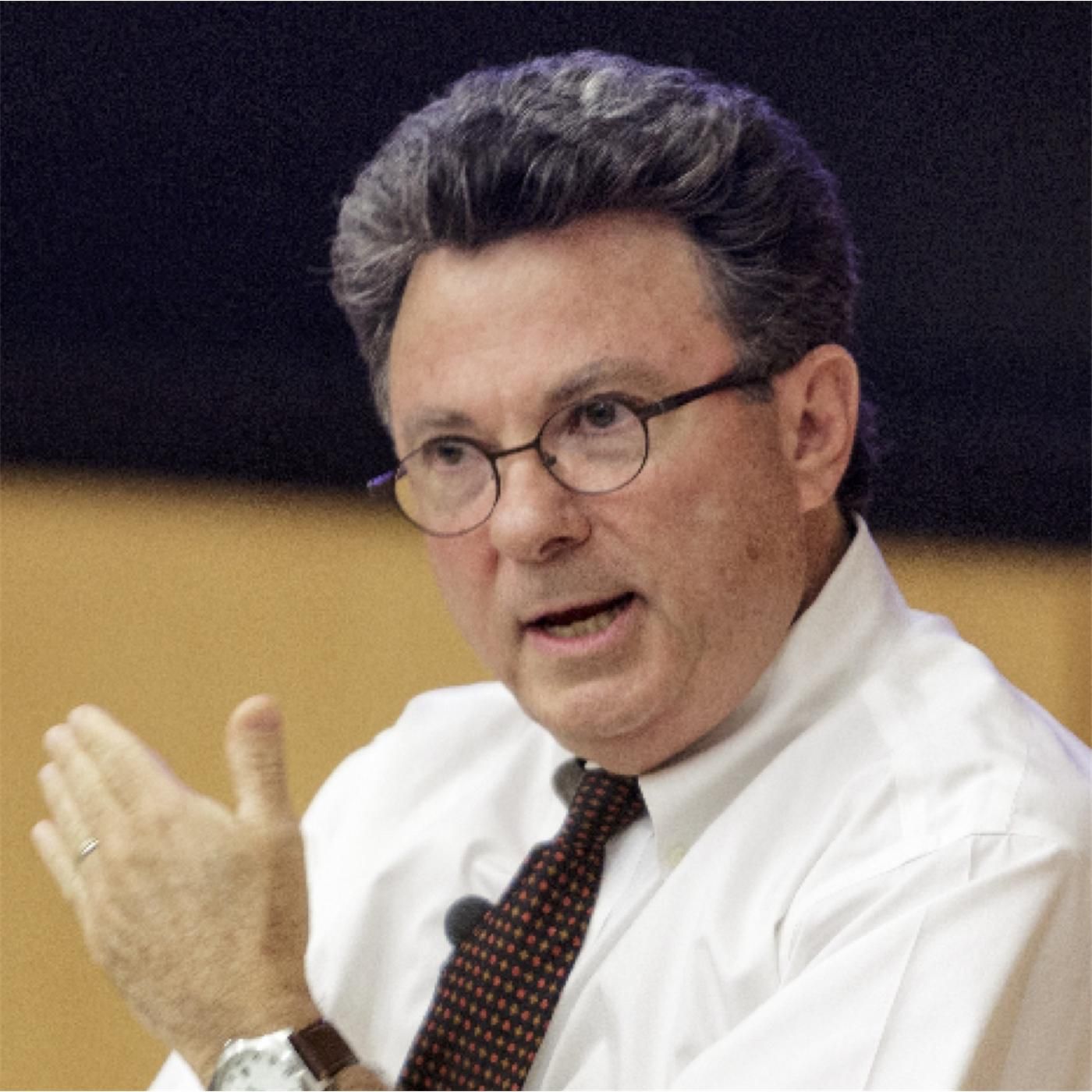

The CPS Podcast
Ross Greene
Dr. Ross Greene, originator of the Collaborative & Proactive Solutions model and author of The Explosive Child, Lost at School, Lost & Found, and Raising Human Beings, provides guidance to parents on understanding and helping kids with social, emotional, and behavioral challenges...along with his co-hosts Kim Hopkins-Betts (Director of Outreach at Lives in the Balance) and parents Jennifer Trethewey, and Stella Hastings.
Episodes
Mentioned books

Feb 3, 2014 • 45min
February Parents Panel: Hearing, Clarifying, & Validating
We returned to siblings today on the Parents Panel, and had a very interesting discussion about the pressure parents feel to agree or disagree with a child's concerns (and to take sides). The reality is that agreeing/disagreeing and taking sides are often counterproductive, can lead to conflict, and are unnecessary anyway. But you'll have to listen to the program to hear the rest.

Jan 27, 2014 • 45min
Raised on Plan A, Trying to Roll with Plan B
Dr. Greene answered lots of emailed questions on today's program, including one from two parents who were themselves raised on Plan A, recognize that Plan A isn't working for their behaviorally challenging child, are doing their best to roll with Plan B, and finding the road to be rocky.

Jan 13, 2014 • 45min
At the Fork in the Road
What do you do when Plan A keeps backfiring but you want to feel like you still have some control as a parent? That's the gist of what today's first caller was asking...and Dr. Greene's answer was "Plan B". That mom has her work cut out for her...but at least she's starting to become clear on the fact that Plan A isn't getting the job done.

Jan 6, 2014 • 46min
A Sibling Tells It Like It Is
Our first program (and Parents Panel) of 2014 was a poignant one, as we heard from the sibling of a previously explosive child. She had some words of wisdom for all of us.

Dec 16, 2013 • 45min
Prioritizing Unsolved Problems
On the last show before the New Year, Dr. Greene answers some parent email questions. Topics discussed include redefining descriptions of behaviorally challenging kids in a more helpful way, initiating conversations about very specific topics, and prioritizing problems that may be best solved after more information is gathered.

Dec 9, 2013 • 45min
December Parents Panel: Just Getting Started
This was a Parents Panel program, and our two moms had lots to say about how they got the ball rolling with CPS in their families, including what changed for the better and what mistakes they learned from along the way. These moms are good!

Nov 25, 2013 • 45min
Plan B with Teens
Plan B with a teenager may require some special considerations, like how to deal with skepticism (and eye-rolling) from your teen as you start out with the model. Dr. Greene offers a caller some advice on how to implement the model with her teenage daughter, stressing the importance of drilling, the usefulness of theories, and how to introduce the model after years of Plan A.

Nov 18, 2013 • 45min
Exploring Other Forms of Communication
Dr. Greene catches up on some email questions sent in by Parents. Topics discussed include using resources to encourage educators to change the lenses with which they view behaviorally challenging children, using Plan B with nonverbal children, and recognizing that not all kids (even in the same family) respond to the same parenting style. Dr. Greene also shares his thoughts on violent video games.

Nov 4, 2013 • 46min
Building Trust
Dr. Greene is joined by our Parents Panel today, who help field concerns from live callers. The first caller reports her success in having Plan B conversations with her son, which have increased the level of trust in their relationship and taught her about her own lagging skills. Anna echoes this phenomenon, that Plan B allows both child and caregiver to examine and improve on their own lagging skills, including the importance of flexibility for both parties. Our parents panel offers the practical suggestion of implementing Plan B for low priority unsolved problem in order to practice the model as well as build trust between child and caregiver.

Oct 28, 2013 • 45min
Back to Basics
On this episode, we hear from two live callers who are trying the model, as well as a parent who is at the end of her rope with daughter’s challenging behavior. Dr. Greene troubleshoots, reminding us of the importance of the Empathy Step. Skepticism (i.e., I think my kid is lying about his concern) can cause a kid to become defensive and stymie the collaborative process. So skepticism means more drilling is necessary. The callers highlight the importance of being patient in learning how to implement Plan B. Dr. Greene reassures them that while the learning model may take some practice, poorly executed Plan B is much more effective than well-executed Plan A.


